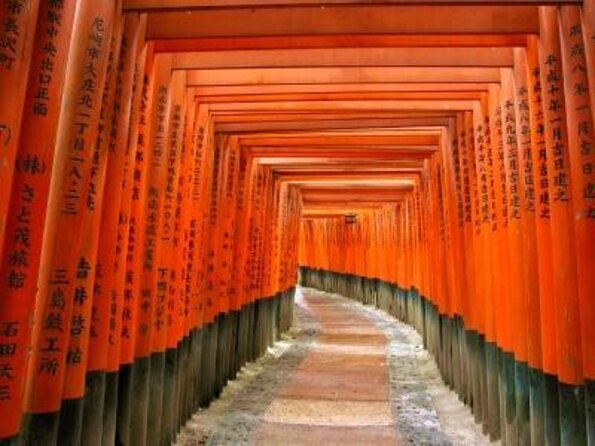Step into the captivating world of the Samurai with the ‘SAMURAI Workshop: Journey to the Spirit of the Samurai.’
This immersive experience offers a unique opportunity for participants to explore the ancient traditions and values of these noble warriors.
Led by knowledgeable instructors, attendees will engage in various activities that bring them closer to understanding the essence of the Samurai spirit.
From learning the art of swordsmanship to practicing meditation and participating in traditional tea ceremonies, this workshop offers a comprehensive exploration of the Samurai way of life.
Whether you are a history enthusiast, martial arts lover, or simply curious about Japanese culture, this workshop promises an unforgettable experience.
Set out on a journey that transports you back in time and allows you to connect with the noble spirit of the Samurai.
Quick Takeaways
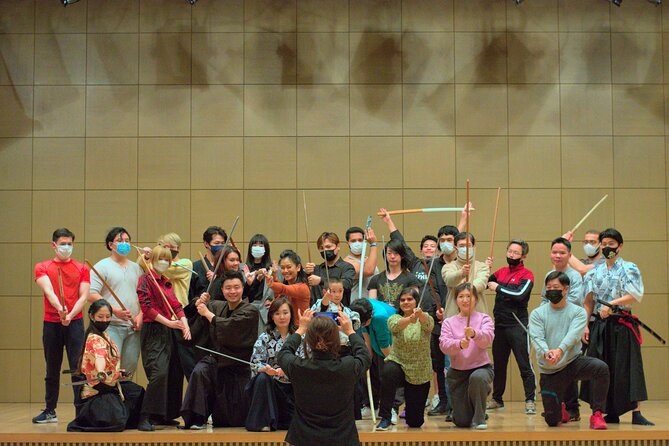
- The Samurai played a significant role in shaping Japanese culture through their influence and actions.
- The philosophy and code of Bushido emphasized loyalty, honor, courage, and self-discipline.
- Traditional Samurai weapons included the katana, yumi, yari, tanto, and naginata.
- Samurai warriors adorned themselves in intricate armor, known as yoroi, which held deep symbolism.
History of the Samurai
Exploring the rich history of the Samurai, one can explore their fascinating journey of honor, discipline, and martial skill.
The Samurai, renowned warriors of ancient Japan, played a significant role in shaping Japanese culture through their influence and actions. Known for their strict code of conduct, known as Bushido, the Samurai upheld principles such as loyalty, bravery, and self-sacrifice. This code not only governed their behavior on the battlefield but also in everyday life.
The Samurai’s influence on Japanese culture can be seen in various aspects, including art, literature, and even the modern-day fascination with their way of life. Throughout history, there have been many famous Samurai warriors who’ve left a lasting legacy, such as Miyamoto Musashi and Takeda Shingen. Their stories continue to captivate and inspire people around the world, showcasing the enduring impact of the Samurai on Japanese history and culture.
Philosophy and Code of Bushido
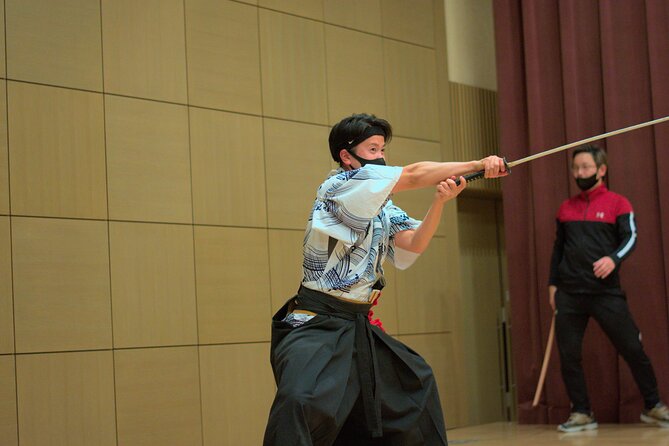
The philosophy and code of Bushido, which governed the behavior and principles of the Samurai, played a crucial role in shaping their way of life and continues to influence Japanese culture today.
Bushido emphasized loyalty, honor, courage, and self-discipline. It was a strict moral code that guided every aspect of a Samurai’s life, from their conduct on the battlefield to their behavior in everyday life.
Women also had a role in Bushido, although it was more indirect. They were expected to embody the virtues of loyalty and self-sacrifice, supporting their husbands and sons in their Samurai duties.
Zen Buddhism, with its emphasis on meditation and self-reflection, had a profound influence on the Samurai. It helped them cultivate mental clarity, focus, and discipline, which were essential for their role as warriors.
Traditional Samurai Weapons
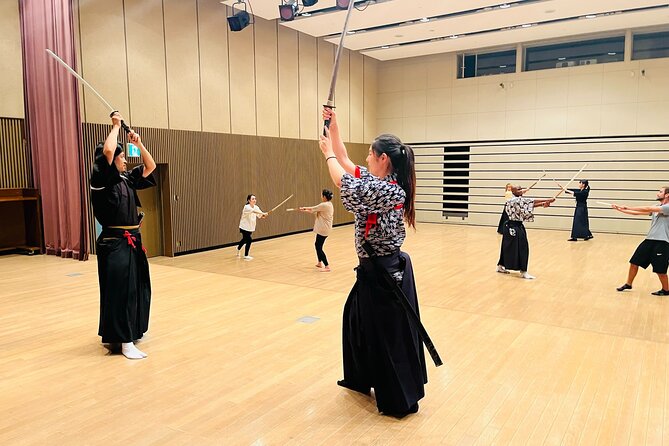
Traditional Samurai Weapons were essential tools for the Samurai, enabling them to protect themselves and uphold their code of Bushido. These weapons were deeply ingrained in the culture and history of Japan, representing the power and skill of the samurai.
Here are five traditional samurai weapons:
- Katana: The iconic curved sword that symbolizes the samurai’s honor and skill in battle.
- Yumi: A traditional Japanese longbow used by samurai archers, requiring great strength and precision.
- Yari: A long spear used for both close combat and as a ranged weapon.
- Tanto: A short dagger used for close-quarters combat and ceremonial purposes.
- Naginata: A polearm with a curved blade, effective for slashing and thrusting attacks.
Samurai weaponry training was rigorous and focused on mastering these weapons. The representation of samurai in art often showcases their weapons, depicting their strength and discipline.
These weapons not only served as tools of war but also as symbols of the samurai’s identity and dedication to their code.
Samurai Armor and Dress
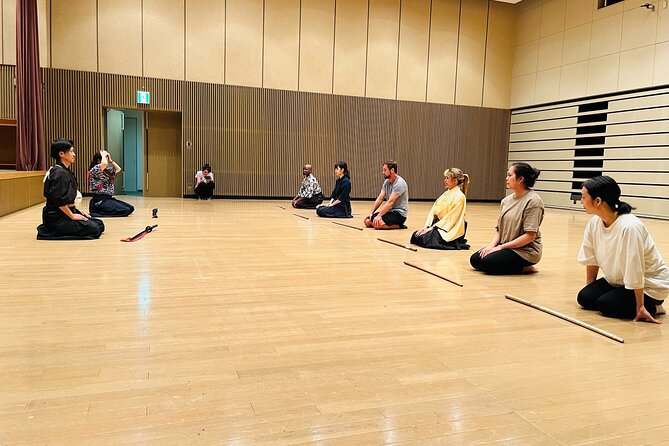
Samurai warriors adorned themselves in intricate armor and dress, reflecting their status and embodying the essence of their noble heritage. Samurai fashion wasn’t only functional, but also carried deep symbolism.
The armor, known as yoroi, consisted of multiple components, including a helmet, chest plate, shoulder guards, arm protectors, and leg guards. Each piece was meticulously crafted to provide maximum protection in battle while displaying the samurai’s social standing.
The design and decoration of the armor varied based on the samurai’s rank and clan affiliation. Plus, the colors and symbols incorporated into the armor held significant meaning. For example, the use of gold symbolized wealth and prestige, while specific crests represented the samurai’s allegiance.
Through their armor and dress, samurai warriors demonstrated their loyalty, honor, and dedication to their code of conduct.
Martial Arts and Swordsmanship
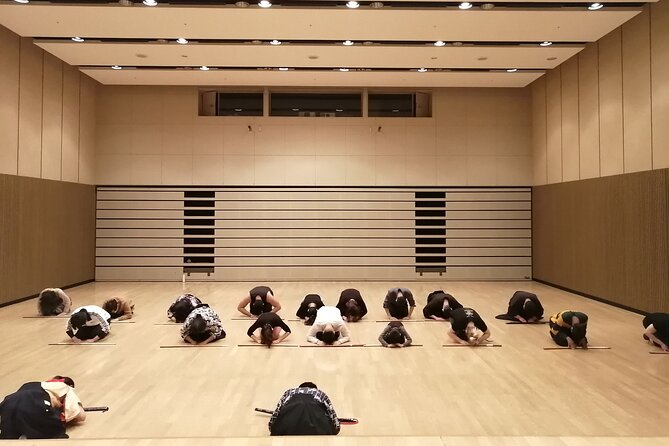
Martial arts and swordsmanship played a vital role in the training and combat techniques of samurai warriors. These skilled fighters honed their abilities through rigorous training and discipline, ensuring they were prepared for any battle that came their way.
The techniques they employed allowed them to defend themselves and their lord, showcasing their unwavering loyalty and dedication. Under the guidance of samurai masters, they learned the art of the sword, mastering various techniques such as the quick draw and precise strikes.
These warriors weren’t only physically strong but also possessed the mental fortitude to remain calm and focused during combat. The combination of their martial arts prowess and their unwavering spirit made them formidable opponents on the battlefield.
Samurai Training and Discipline
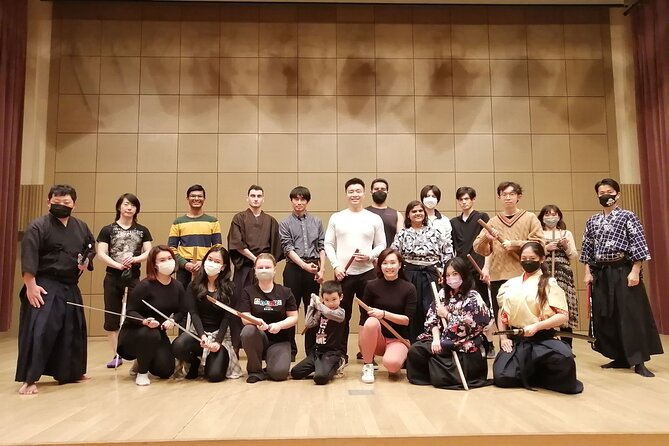
During their training, samurai warriors were subjected to rigorous discipline and extensive physical conditioning to prepare them for combat. Samurai training techniques focused on developing strength, agility, and endurance. They engaged in intense physical exercises such as running, jumping, and practicing sword techniques. These exercises not only built their physical capabilities but also instilled mental fortitude and discipline.
Along With physical training, samurai also practiced meditation as part of their training regimen. Meditation helped them cultivate mental clarity, focus, and inner peace, which were essential for maintaining composure during battle. Through these training methods, samurai warriors developed exceptional physical and mental abilities that allowed them to excel in combat and uphold their code of honor, Bushido.
The combination of physical conditioning and mental discipline was crucial in shaping the spirit of the samurai.
Samurai in Modern Times
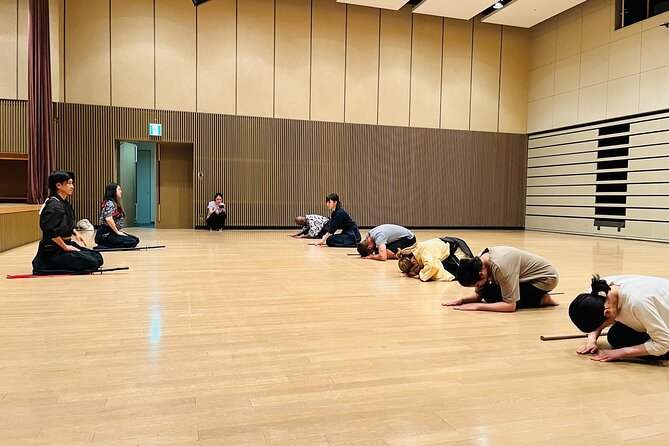
How have samurai traditions and values evolved in contemporary society?
In modern times, the influence of samurai can still be seen in various aspects of Japanese culture. Here are some ways in which samurai traditions have adapted and continue to thrive:
- Samurai in pop culture: From movies and anime to video games and literature, samurai have become iconic figures in popular entertainment worldwide. Their honor, discipline, and swordsmanship continue to captivate audiences.
- Samurai influence in modern Japan: The spirit of the samurai is deeply ingrained in Japanese society. Concepts such as loyalty, respect, and self-discipline are still valued and practiced in various professions and aspects of daily life.
- Martial arts: Many traditional martial arts in Japan trace their roots back to samurai training. These disciplines, such as kendo and iaido, continue to be practiced and passed down through generations.
- Bushido philosophy: The principles of Bushido, the way of the warrior, still resonate with many Japanese people. Ideas such as integrity, courage, and honor are considered essential virtues in modern society.
- Samurai heritage: Some families in Japan can trace their lineage back to samurai ancestors. The traditions and values of the samurai are preserved and celebrated by these families, keeping the spirit of the samurai alive.
Common questions
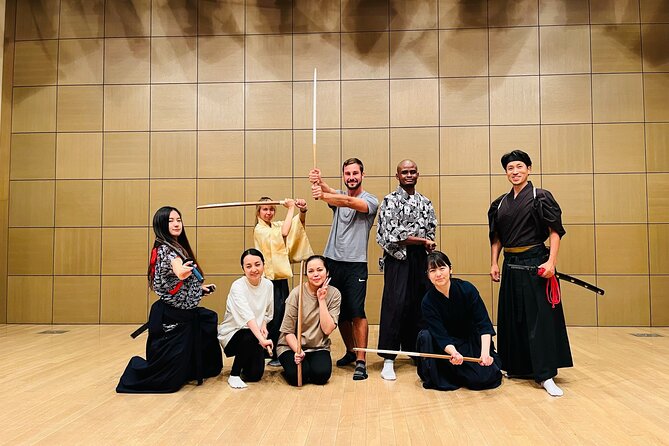
How Long Does the SAMURAI Workshop: Journey to the Spirit of the SAMURAI Last?
The duration of the SAMURAI Workshop: Journey to the Spirit of the Samurai varies. The workshop schedule typically lasts for a few hours, allowing participants to enjoy the teachings and practices of the samurai.
Is There an Age Restriction for Participating in the SAMURAI Workshop?
There are no age restrictions for participating in the SAMURAI Workshop. The workshop duration is not mentioned in the current question. However, for information on the duration, it is recommended to refer to the workshop details provided.
Are There Any Special Requirements or Equipment Needed for the SAMURAI Workshop?
No special requirements or necessary equipment are needed for the samurai workshop. Participants are only advised to have a moderate physical fitness level. There are no age restrictions for participation.
Can Participants Take Photos or Videos During the SAMURAI Workshop?
Participants are allowed to take photos and videos during the Samurai Workshop. This allows them to capture their experience and create lasting memories. Plus, there are souvenir options available for participants to purchase as mementos of their time at the workshop.
Is There a Dress Code for the SAMURAI Workshop?
There is no specific dress code for participants or instructors in the SAMURAI Workshop. Participants are free to wear comfortable clothing that allows for movement.
The Sum Up
To sum it up, the ‘SAMURAI Workshop: Journey to the Spirit of the Samurai’ offers a unique and immersive experience for participants to learn about the ancient traditions and values of the Samurai warriors.
Through various activities such as swordsmanship, meditation, and tea ceremonies, attendees can gain a comprehensive understanding of the Samurai way of life.
Whether one is a history enthusiast, martial arts lover, or simply curious about Japanese culture, this workshop promises to be a memorable and enlightening experience.






